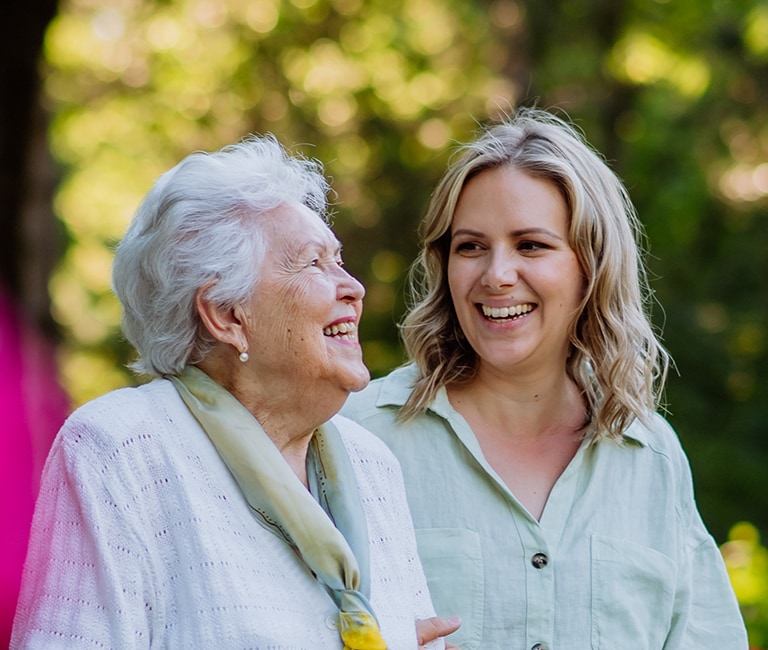Explore a Passion for
People & Service
Are you looking for a career that truly resonates with your desire to help others and be part of something special? At The McKendree, we’re not just offering jobs—we’re inviting compassionate, dedicated individuals to join our Hermitage family.
Here, you’ll find opportunities to make a genuine, positive impact on the lives of seniors, all within a supportive community with a touch of that famous Nashville warmth. If you have a heart for service and desire to grow in a fulfilling role where your contributions are truly valued, The McKendree might just be playing your song!
Do You Have
The McKendree Spark?
If these qualities describe you, we’d be thrilled to hear from you:
- Passion for working with and enhancing the lives of seniors.
- Compassionate, patient, and understanding demeanor.
- A positive, can-do attitude and a true team-player spirit.
- A commitment to excellence and providing high-quality service.
- Exceptional communication and interpersonal skills.
We are proud to work with individuals who not only possess the necessary skills but also bring a genuine warmth, empathy, and dedication to their roles.


